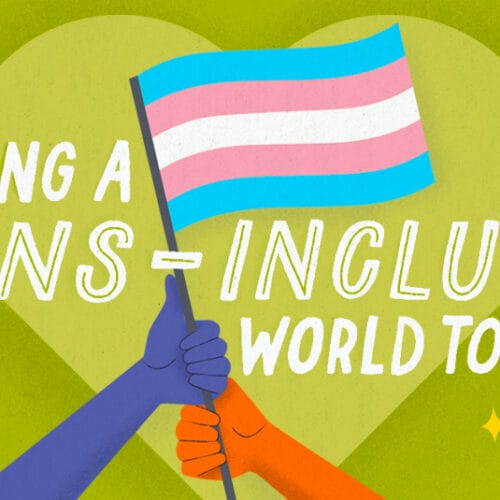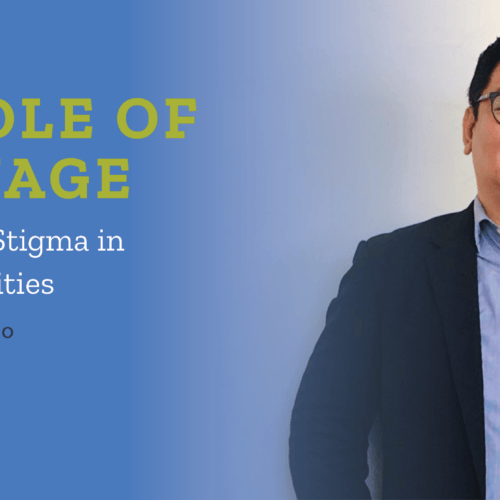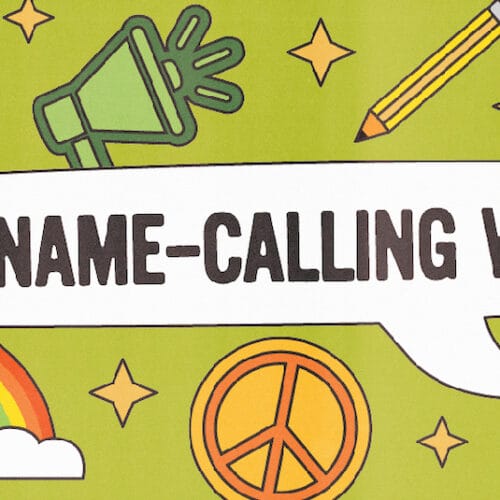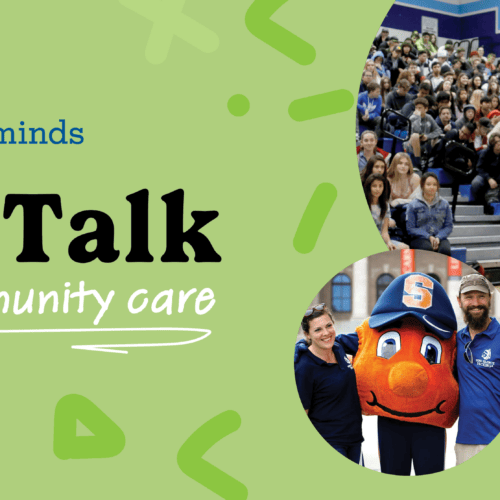As a Transgender man, I’ve always noticed the many ways people convey their shock that I am a man before and during transition. It was just this morning that someone asked me, “You have a feminine voice, are you a girl?” and I had to “out” myself to feel affirmed. I remember being in an Uber ride in Los Angeles, where my driver was floored that I was transgender, saying, “Wow! You could never tell!” despite my efforts to appear more masculine. These transphobic comments have always spotlighted a feeling that I wasn’t able to do enough to pass. I started to wonder what was enough? Will it ever be enough? Will I as a man ever be enough? This constant questioning has had a major impact on my mental health, and it has helped me to realize just how crucial support for Transgender people is in helping us to lead long and happy lives.
I’m very fortunate that my current peers, school, general community, and family are all incredibly supportive and affirming as I explore what it means to be a man in today’s world. Unfortunately, not every Transgender person has that same opportunity. Some Transgender people live in unsupportive homes, are kicked out for being transgender, or exist in communities that don’t support their mental health and well-being. The Trevor Project found that less than 1 in 3 Transgender and non-binary youth feel their homes to be gender-affirming. At the same time, LGBTQ+ youth who felt high social support attempted suicide at half the rate of those with low or moderate support. Having an affirming support system as a Transgender youth can be life-saving, but for so many, that’s not a reality. As I looked at this data it, unfortunately, wasn’t shocking to me. I’ve seen my closeted friends struggle with their mental health due to hiding a key part of who they truly are.
Even for those who may have supportive friends and family, many Transgender youth and young adults are feeling the effects of national conversations happening around LGBTQ+ healthcare and rights. My friends and I often talk about the wave of anti-trans legislation proposals and the impact it has on our mental health. Personally, I stopped reading the news regularly due to my depressive and anxiety symptoms increasing. Many of my Transgender friends in less supportive states are scared of utilizing public bathrooms or attending school due to the anti-trans legislation in their states. To me, it is a basic right to use the bathroom and often makes me feel heartbroken that there is so little I can do to stop those bills from happening. It is no wonder some of my Transgender friends feel so hopeless and powerless.
As we continue to navigate national conversations about Transgender people’s rights, it remains important for me and my friends to have allies with who we can feel safe around. For those looking to be strong allies in their community, here are five ways in which you can support Transgender people’s mental health:
- Use their pronouns and chosen names. Even more so, ask your Transgender friends or family if they would like for you to call it out when someone misgenders them. Multiple studies have shown the use of pronouns and chosen names can be life-saving.
- Use tools such as V-A-R®. It’s okay if you don’t understand exactly what we are going through. Simply validating our experience and appreciating that the person feels safe enough to talk to you can go a long way. Sometimes just listening to what Transgender people have to say can help significantly. In addition, referring those who are open to you to Transgender-run or affirming resources can help make sure the person feels heard.
- Encourage fostering community. Especially in states that have less support for Transgender people, it is important to encourage Transgender people to feel like we are not alone. A community can be in-person or virtual, just connecting Transgender people together can help to create a safer space.
- Respect boundaries. Not every Trans person has the opportunity or ability to out themselves in all situations. It is important that if a trans person asks you to misgender them or interact differently, that is respected as well. Only Trans people get to decide who knows their identity and when. This includes not telling a person that they are trans without their consent.
- Advocate in your community. Donate to Transgender-run organizations, attend protests supporting transgender rights, and get active. Active Minds chapters are a great place to start, and for those looking for volunteering or professional opportunities, I suggest The Trevor Project, Trans LifeLine, and Transgender Law Center. The more people we have on our side, the more power we have in fighting transphobic bills or stereotypes.
While this is not an exhaustive list, it is a great place to begin. It brings me hope that there are people out there who do care about Transgender lives and experiences and want to better support Transgender people’s mental health and well-being. While some of my friends may feel worried that this wave of anti-transgender legislation, violence, and rhetoric will only continue to get worse, I have hope that there are people out there willing to fight against it with us, and there will be positive, affirming change as a result.








